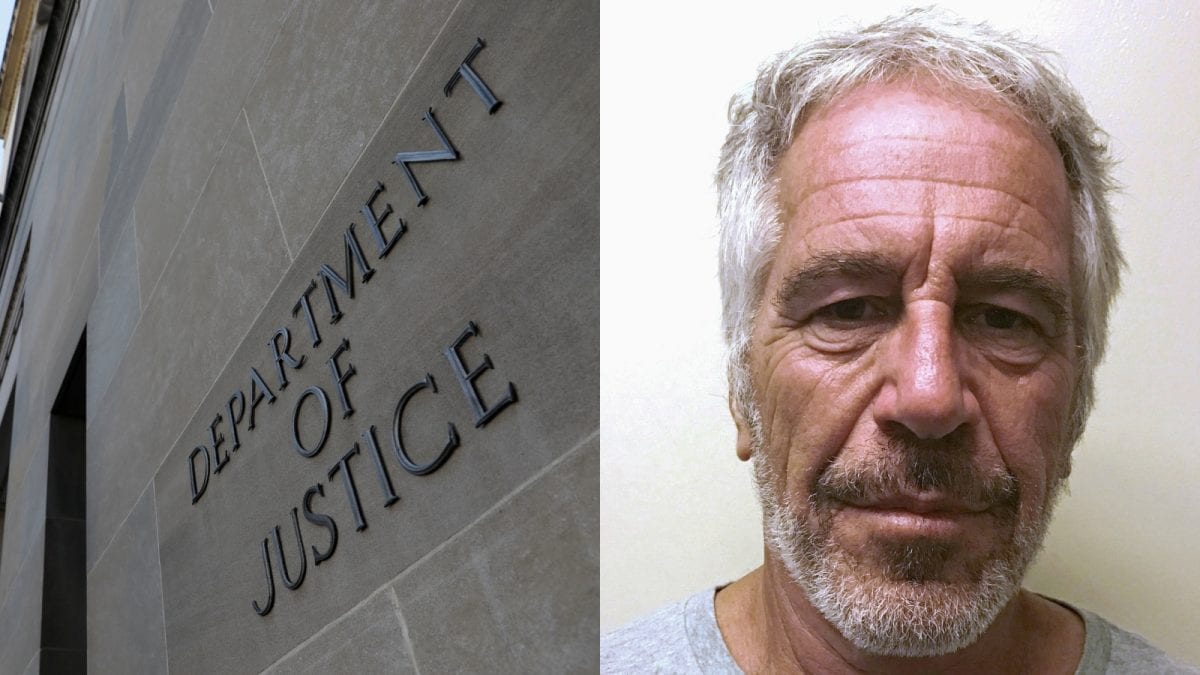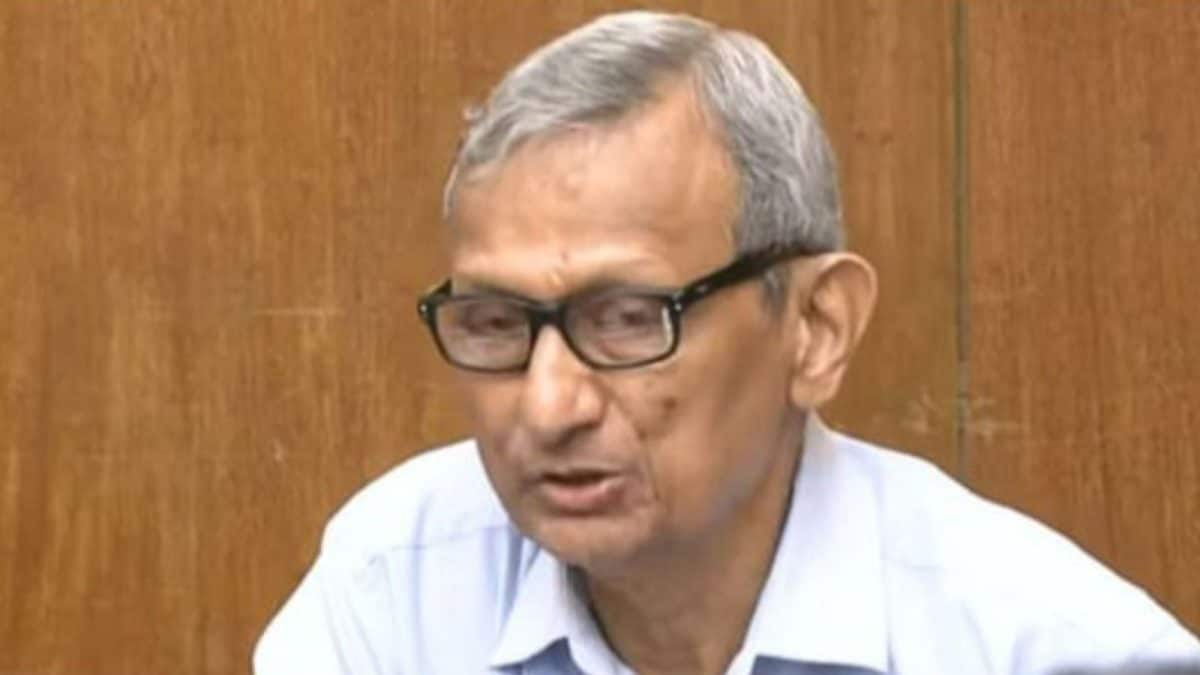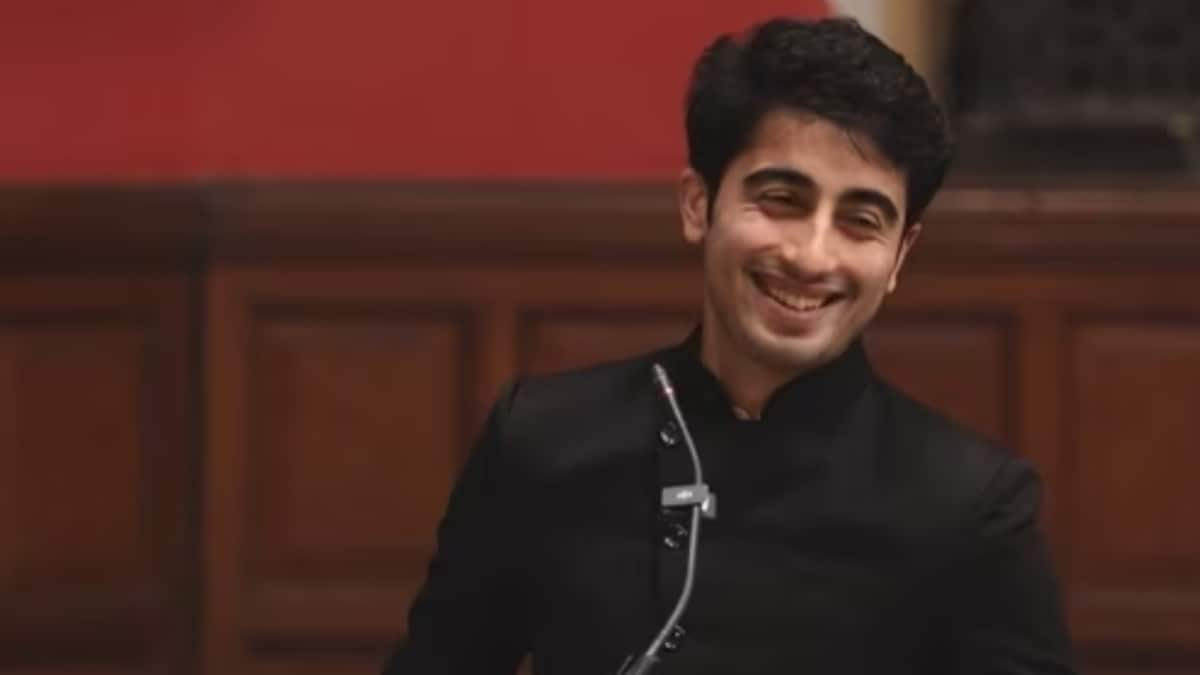China has mandated degrees for influencers who make content on 'serious topics' such as medicine, law, finance, and education, among other topics. The move aims to curb misinformation on the internet. Violators would face a charge of up to $14,000. Here's more about the law and the reactions it sparked.

Chinese content creators will now have to submit proof of expertise to the platforms if they are making videos on 'serious topics'. (Image: File)
Influencers often talk about topics beyond their expertise. From geopolitics to medical and financial advice to whatnot, the ambit is vast. In India, it's common to come across influencers offering "natural, organic remedies" for various diseases and conditions—often without any medical expertise. But that's not possible in China anymore, which has drawn a line.
In China, a new law bars influencers from commenting on "professional and serious topics" without proper credentials.
The Cyberspace Administration of China (CAC) issued the "Regulations on the Accountability of Internet Content Creators for Professional Topics", mandating that any influencer discussing medicine, law, education, or finance must hold verifiable qualifications—a university degree, professional license, or state-recognised certification in the relevant field.
Creators must submit proof of expertise, and platforms are obligated to display disclaimers, cite sources, and remove non-compliant posts.
Penalties for violations range from content takedowns to account suspensions and fines up to 100,000 yuan (approximately $14,000 USD), as outlined in the CAC's enforcement guidelines.
The directive was published on the CAC's official portal on October 25. This was seemingly done to curb misinformation and protect public trust in online content.
It is seemingly one of the world's strictest influencer credential systems in public interest and to counter misinformation.
But the law has raised concerns about censorship and exclusion also. Many on X called it: "Communist absurdity" and referred to the new law as a "speech exam". Some also called the move "North Korea-ification" of China.
The new rules require platforms like Douyin (TikTok), Weibo, and Bilibili to verify credentials before allowing content on regulated topics.
WHO WOULD BE AFFECTED BY THE NEW INFLUENCER LAW IN CHINA
Tech outlet 36Kr reported that up to 90% of influencers in health and finance niches may be affected.
Now, influencers who want to talk about "serious topics" have one way out: to partner with certified experts, or pivot to lifestyle content.
Sina Tech, a major Chinese internet and online media company, confirmed that platforms have already begun rolling out verification systems.
The CAC highlighted that the rules do not apply to general lifestyle, entertainment, or personal storytelling content. A food vlogger reviewing street snacks, for instance, faces no restrictions—unless they claim the snacks cure cancer.
- Ends
Published By:
Anand Singh
Published On:
Oct 30, 2025

 1 month ago
1 month ago



















